In today’s health-conscious world, many people are turning to artificial sweeteners as a seemingly healthier alternative to sugar. These sweeteners promise the satisfaction of a sweet taste without the added calories, making them particularly appealing to those watching their weight or managing diabetes. However, a recent study has raised concerns about the safety of artificial
In today’s health-conscious world, many people are turning to artificial sweeteners as a seemingly healthier alternative to sugar. These sweeteners promise the satisfaction of a sweet taste without the added calories, making them particularly appealing to those watching their weight or managing diabetes. However, a recent study has raised concerns about the safety of artificial sweeteners, suggesting that they may not be the innocent sugar substitutes we once believed them to be.
The Rise of Artificial Sweeteners
Artificial sweeteners gained popularity due to their zero or low-calorie content, making them an attractive option for individuals trying to lose weight or maintain a healthy lifestyle. Common examples of these sweeteners include aspartame, saccharin, sucralose, and stevia. They are used in a wide range of products, from diet sodas and sugar-free desserts to chewing gum and tabletop sweeteners.
The Study

A recent comprehensive study conducted by a team of researchers has shed new light on the potential risks of artificial sweeteners. The study, published in a reputable medical journal, analysed data from multiple sources, including animal studies and human trials. The researchers discovered some alarming patterns that raise questions about the safety of these sugar alternatives.
Potential Health Risks
- Impact on metabolism: One of the key findings of the study was that artificial sweeteners may disrupt the body’s natural metabolic processes. Consumption of these sweeteners was associated with changes in gut bacteria composition, which could lead to glucose intolerance and metabolic disorders.
- Increased risk of weight gain: Surprisingly, the study found that the use of artificial sweeteners was linked to weight gain and an increased risk of obesity. This counterintuitive phenomenon could be attributed to several factors, including altered taste perception and subsequent overcompensation in calorie intake.
- Heightened sweet cravings: Artificial sweeteners are intensely sweet, often many times sweeter than natural sugar. The study revealed that regular consumption of these sweeteners may intensify cravings for sugary foods and drinks, leading to a higher overall sugar consumption.
- Potential negative impact on gut health: The research also highlighted that artificial sweeteners might disrupt the balance of gut bacteria, which plays a crucial role in maintaining overall health. An imbalance in gut microbiota has been associated with various health conditions, including inflammatory bowel disease and metabolic disorders.
Conclusion
While artificial sweeteners have long been marketed as a safe and healthy alternative to sugar, this recent study challenges that notion. The findings indicate potential risks associated with the consumption of these sugar substitutes, including metabolic disturbances, weight gain, increased sugar cravings, and compromised gut health. As with any food or beverage, moderation is key, and individuals should be aware of the potential risks when considering the use of artificial sweeteners.
It is important to note that further research is needed to fully understand the long-term effects of artificial sweeteners on human health. In the meantime, individuals seeking alternatives to sugar may consider natural alternatives such as moderate consumption of honey, maple syrup, or fruits, while consulting with healthcare professionals to make informed decisions about their dietary choices.
 Food Manifest
Food Manifest 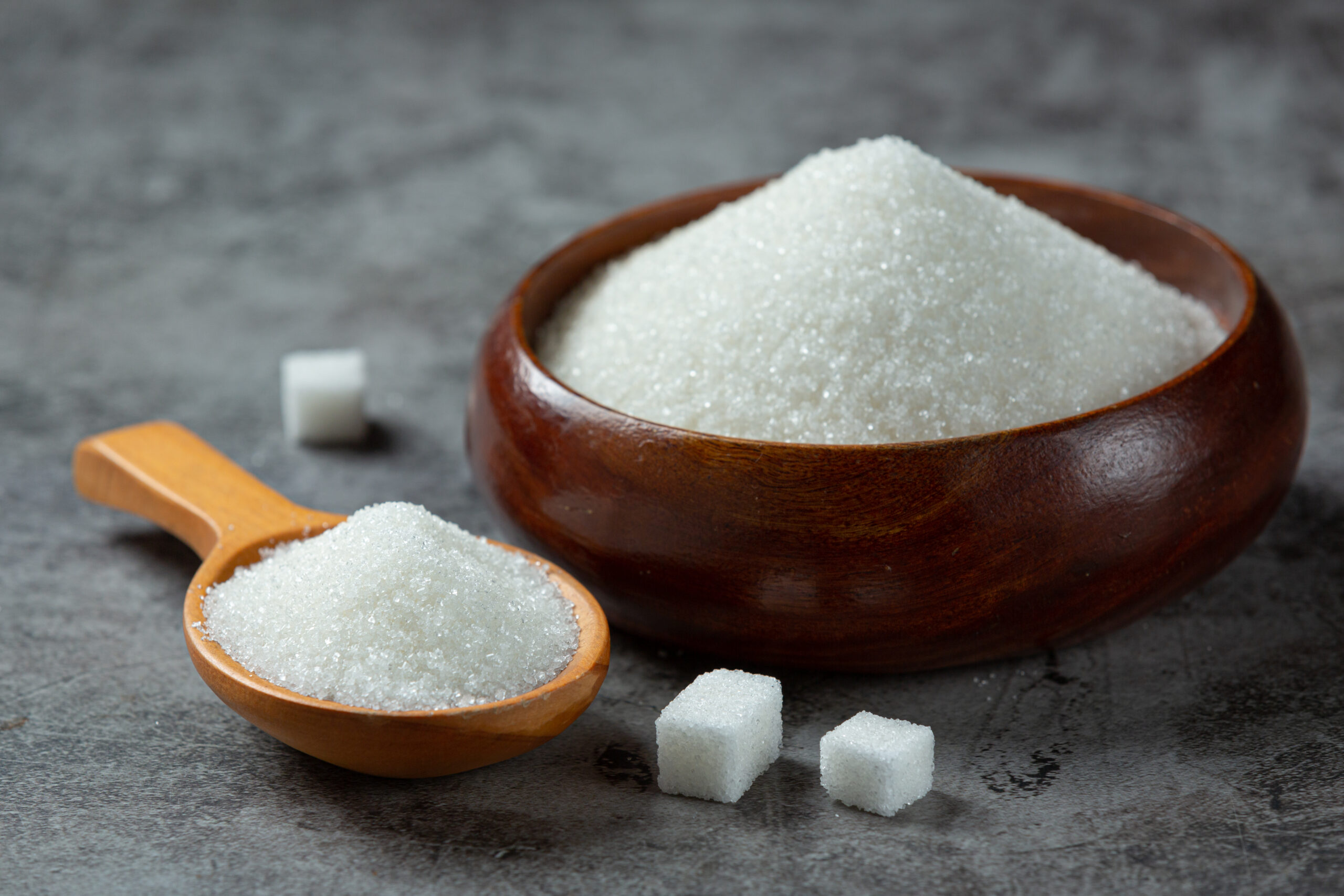
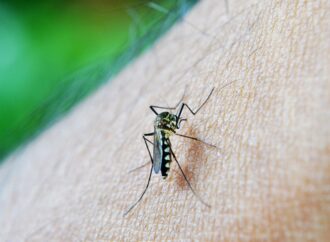

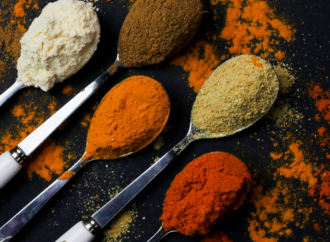

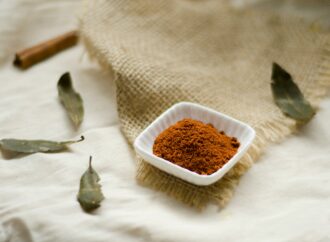







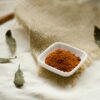


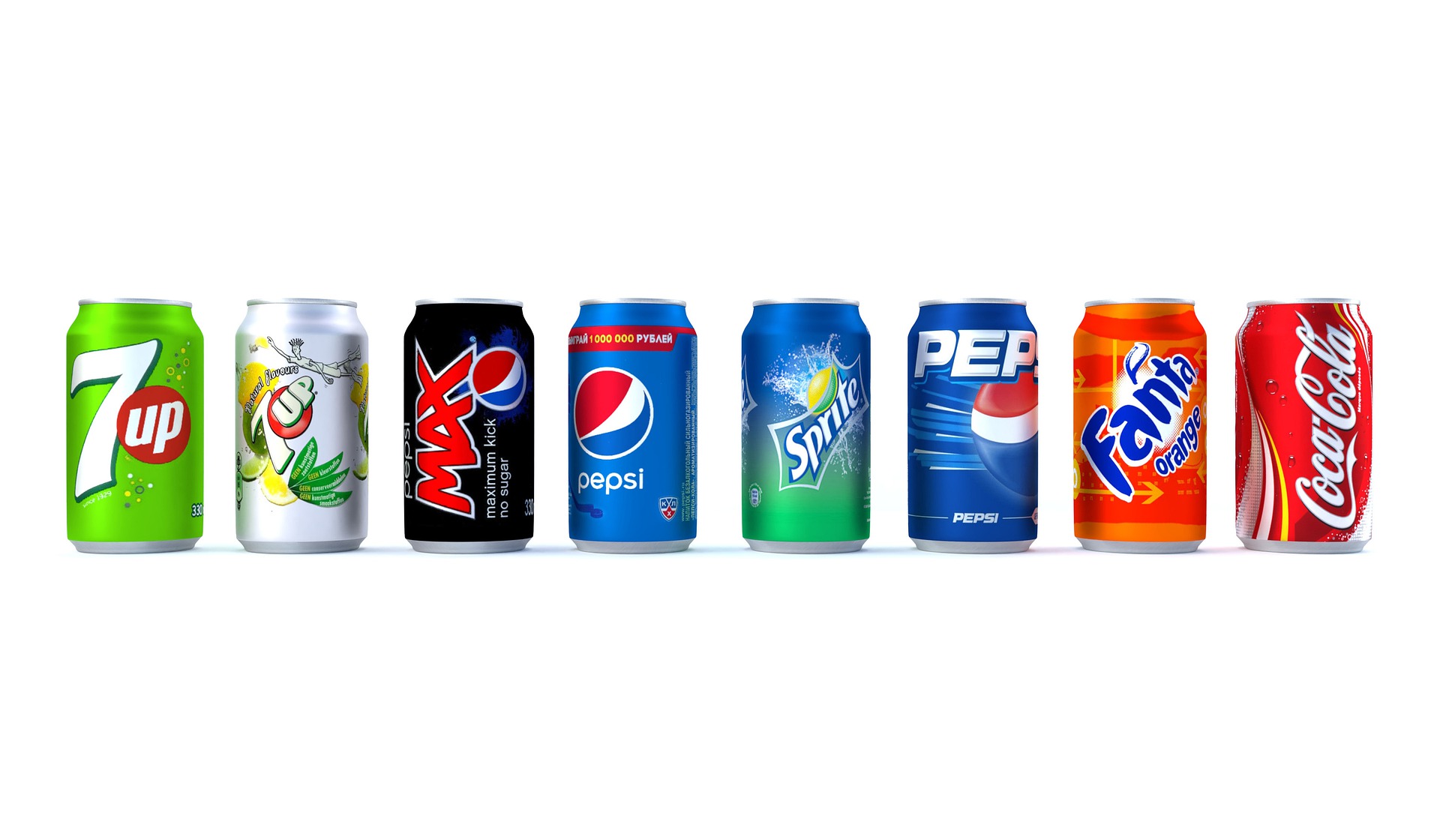


Leave a Comment
Your email address will not be published. Required fields are marked with *